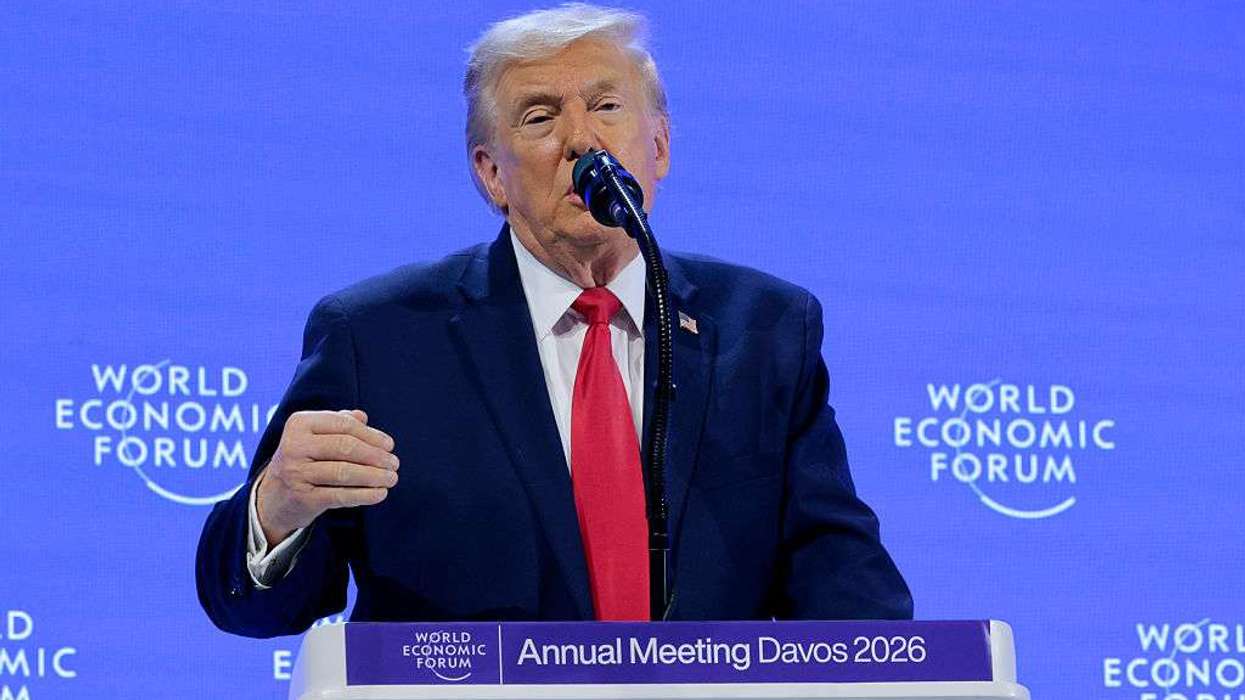GREATER MANCHESTER POLICE is now investigating more than 1,000 child sexual abuse suspects, following years of public criticism and institutional failings in tackling child sexual exploitation.
A new report by His Majesty’s Inspectorate of Constabulary and Fire & Rescue Services (HMICFRS) has revealed the force has made “significant improvements” in dealing with group-based sexual abuse and related crimes.
According to the 76-page report, GMP is handling ongoing investigations involving 714 identified victims and 1,099 suspects. These are described as “multi-victim, multi-offender” cases, reflecting the complex and organised nature of many of the crimes under investigation.
Michelle Skeer, HM Inspector of Constabulary, said that since 2019, GMP has taken steps to improve how it handles both historic and ongoing abuse cases. “It is clear that the force has, for many years, been trying to provide a better service to those who have or may have experienced sexual exploitation,” she said. “But for some, trust and confidence in the police had been lost.”
The report praised the leadership of chief constable Sir Stephen Watson and his team, noting a cultural shift within the force. Senior officers have made child protection a top priority, personally engaging with staff to reinforce its importance. “Investigating child sexual exploitation is now considered everyone’s business,” the report stated.
GMP is the only police force in the UK with a dedicated Child Sexual Exploitation Major Investigation Team (CSE MIT), formed in 2021.
The unit has around 100 staff and a ring-fenced budget. It applies the same specialist tactics used for tackling serious organised crime, which has already resulted in 42 convictions and over 430 years of prison sentences for offenders.
According to the report, the delay in sharing crucial data from local councils, particularly Manchester City Council, which was criticised for submitting evidence so heavily redacted that some pages contained only a few words.
These delays have hindered investigations such as Operations Green Jacket and Bernese—cases linked to historic abuse in South Manchester, including the death of 15-year-old Victoria Agoglia in 2003.
Manchester City Council said legal restrictions around personal data sharing led to redactions, but it has since introduced a new evidence-sharing process with police, allowing investigators remote access to unredacted documents.
Sir Stephen acknowledged past failures and issued a renewed apology. “I am sorry that when you needed us, we were not there for you,” he said. “To those who are responsible for these repugnant crimes – as is now very apparent – we will pursue you relentlessly.”
A report by Baroness Louise Casey previously found a significant over-representation of Asian men among child sexual abuse suspects in Greater Manchester. While this remains a sensitive issue, Sir Stephen noted it was a “legitimate question” that could be addressed in a future national inquiry.
Greater Manchester mayor Andy Burnham, who commissioned the review, said he was “confident” the system is now in a stronger place. “Never again will any child here be labelled or dismissed when they come forward to report concerns,” he said. Burnham added that the reforms had sparked a “widespread culture change” across police, councils, and care services.
A separate Ofsted report backed these findings, acknowledging "much good practice" but calling for continued vigilance, especially in how agencies respond to missing children and those at risk of exploitation as they approach adulthood.
The Crown Prosecution Service has been approached for a comment.





